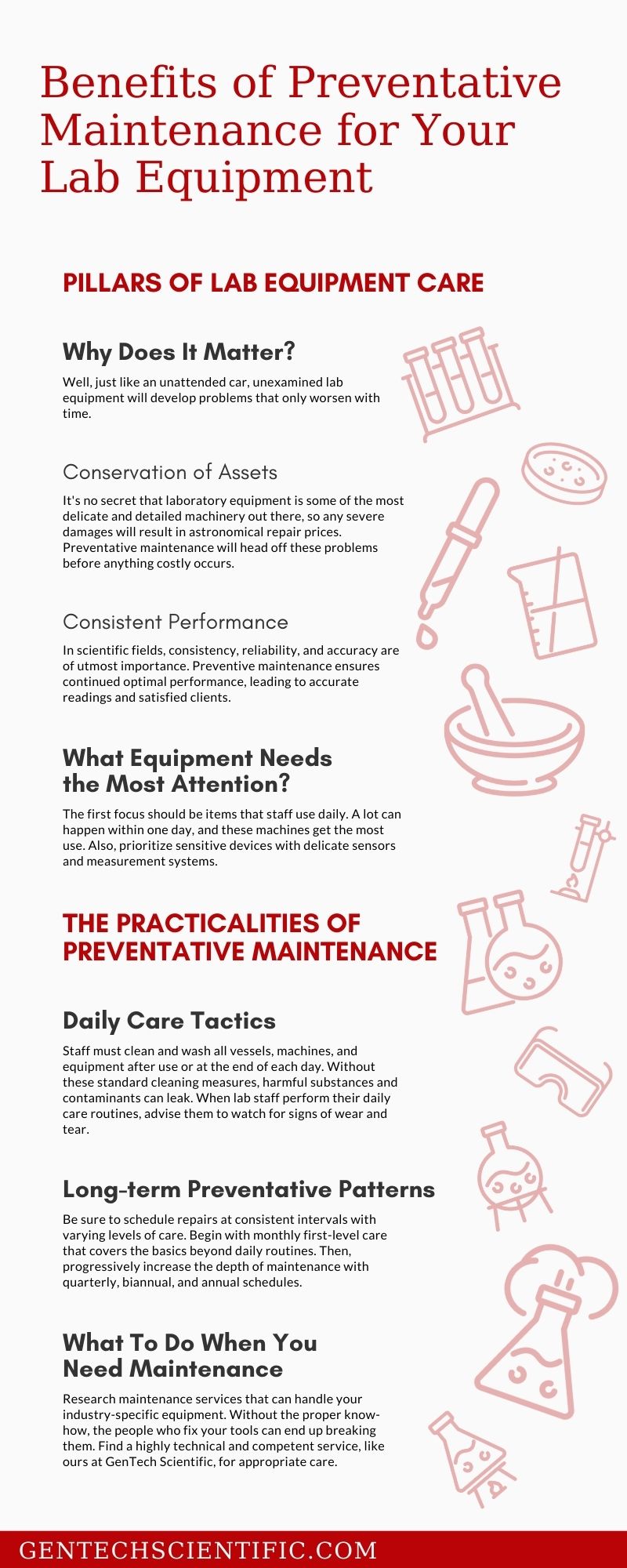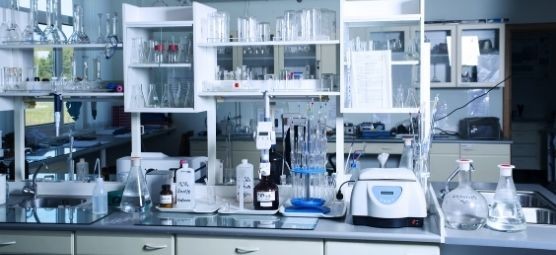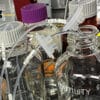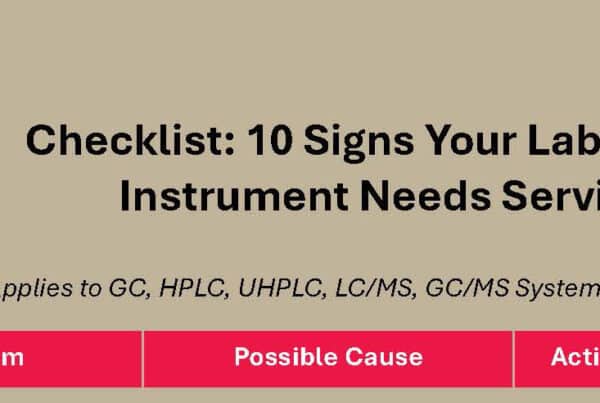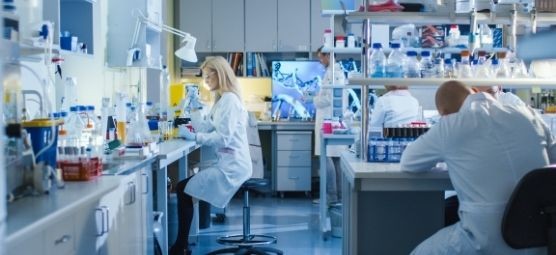Operating a laboratory is no small feat—there are dozens of moving parts to manage every day. However, do not let an essential item such as maintenance fall to the bottom of the to-do list. The way you treat your machinery and equipment matters, especially to your staff. Here are the benefits of preventative maintenance for your lab equipment.
Pillars of Lab Equipment Care
Lab equipment care is essential to a safe and productive environment. Without attentive care, severe problems can develop unbeknownst to staff and managers. These hidden issues can lead to project delays, staff injury, and even complete facility shutdown. Get ahead of these problems with a care routine that covers the pillars of equipment maintenance.
Why Does It Matter?
Sure, everyone knows that washing the car and taking it to the mechanic is the best way to prevent costly problems. But how many people consistently care for their vehicles? Well, just like an unattended car, unexamined lab equipment will develop problems that only worsen with time. These are the main reasons why equipment care is vital to your business or organization.
Conservation of Assets
The first thing preventive maintenance will do is save money—big time. It’s no secret that laboratory equipment is some of the most delicate and detailed machinery out there, so any severe damages will result in astronomical repair prices. Preventative maintenance will head off these problems before anything costly occurs.
Maintenance also enhances laboratory productivity. If a machine breaks down completely, there is no way to keep work going. But if maintenance workers head off problems ahead of time, they preserve the operation’s peak productivity. Conserve business assets by preventing their failure while on the job. When staff needn’t worry about equipment conditions, they can push the machines to their full capacity all day long.
Consistent Performance
Equipment care leads to consistent performance. In scientific fields, consistency, reliability, and accuracy are of utmost importance. Without these crucial factors, technicians cannot verify their methods or results. Preventive maintenance ensures continued optimal performance, leading to accurate readings and satisfied clients.
Performance matters each time staff run a test, regardless of the machinery’s age. Equipment care allows for improved longevity and eliminates the need for untimely replacement. This care will also expand the operation’s safety, increasing staff security at every stage of the process. For example, a tool that utilizes high pressure, such as a UPLC machine, could harm staff if the pressure seal becomes ineffective.
What Equipment Needs the Most Attention?
Now that repeated maintenance is a proven benefit, the next consideration is what equipment to address. The first focus should be items that staff use daily. A lot can happen within one day, and these machines get the most use. So, they should have the most attention since they’re crucial to operational success. Also, prioritize sensitive devices with delicate sensors and measurement systems. If these readings are even a smidge off, it will ruin all subsequent calculations. Focus on maintaining and recalibrating these machines frequently.
Depending on the industry, professionals use lab equipment to handle harmful substances. Be sure to look at equipment subjected to harsh chemicals and environments. For example, maintenance crews must wash and examine all items that encounter corrosive or toxic materials. Also, focus on equipment that utilizes high pressures and extreme temperatures. The wear on these machines can build over time, leading to severe consequences.
The Practicalities of Preventative Maintenance
Knowing why preventative maintenance is essential and what to prioritize is one thing; knowing what to do about it is quite another. The following information delineates the practicalities of preventive maintenance for laboratory equipment.
Daily Care Tactics
The first order of business is daily care. Staff must clean and wash all vessels, machines, and equipment after use or at the end of each day. Without these standard cleaning measures, harmful substances and contaminants can leak. Just like restaurants must clean and wash their equipment before touching food, laboratories must also cleanse and sanitize their stations before moving on.
When lab staff perform their daily care routines, advise them to watch for signs of wear and tear. If there is a crack in a beaker or corrosion on a machined valve, maintenance people will want to address the root problems. Look for all kinds of rusting, cracking, breaking, bending, and other indicators of developing issues.
Long-term Preventative Patterns
Daily care is the first line of defense, but long-term preventative patterns are the key to permanent success. Be sure to schedule repairs at consistent intervals with varying levels of care. Begin with monthly first-level care that covers the basics beyond daily routines. Then, progressively increase the depth of maintenance with quarterly, biannual, and annual schedules. With such consistent and preventative programs, you will have equipment that runs smoothly all year-round.
What To Do When You Need Maintenance
An equipment care plan is vital to develop, but managers must schedule the maintenance appointments; otherwise, these aspirations will amount to nothing. Research maintenance services that can handle your industry-specific equipment. Without the proper know-how, the people who fix your tools can end up breaking them. Find a highly technical and competent service, like ours at GenTech Scientific, for appropriate care.
Maintenance professionals must address any problems that arise. This reactionary approach is useful but has its limits, especially when you need a trained eye to anticipate future issues. Request that your maintenance people work proactively to predict future problems. Whether they utilize data analysis or mechanical testing, you need people with an intimate understanding of the machine to work swiftly and effectively. With an eye toward the future, forward-thinking managers can mitigate risks to all stakeholders, from the staff to the investors.
Once you know the benefits of preventative maintenance for your lab equipment, you can prepare and implement a care plan for your operation. With dutiful attention, you can prolong the life of your laboratory technology and tools. If you need laboratory repair services for your equipment, reach out to our team at GenTech Scientific for more information.
